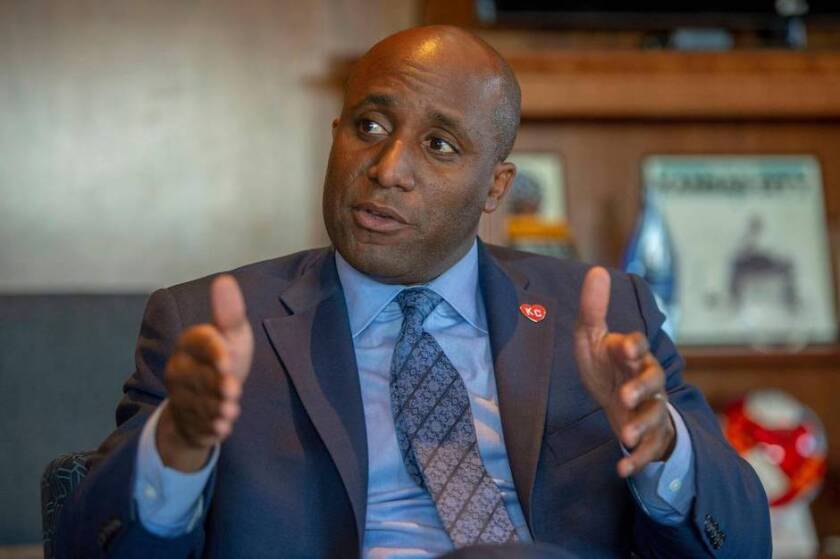The issue was still in the foreground on Tuesday, however. Five states had abortion referendums on their ballots, the most ever in a single year. In an upset, pro-choice voters in Kentucky seem to have narrowly defeated constitutional Amendment 2, which would have established that there is no right to abortion in the state.
Michigan voters are on track to approve Proposal 3, a constitutional amendment in the opposite direction. It will enshrine the right to abortion and other reproductive health services and would prevent a 1931 ban currently before the courts from being reinstated. Vermonters have overwhelmingly supported Proposal 5, another constitutional amendment. It will establish reproductive autonomy as “central to the liberty and dignity to determine one’s own life course.”
Similarly, California Proposition 1, on track to pass by a significant margin, will provide constitutional protections for reproductive freedom, including contraception as well as the right to abortion. Montanans appear to be rejecting Legislative Referendum 131, which would require medical care to any infant born alive, including those born during an attempted abortion. (This is already required under a 2002 U.S. House resolution known as the “Born-Alive Infants Protection Act.”)

(Ben Orner/TNS)
Drug Use
In five states, referendums proposed statewide legalization of possession and use of marijuana by persons over 21. It appears likely that measures in Arkansas (Issue 4), South Dakota (Measure 27) and North Dakota (Measure 2) failed to win support. Arkansas Surgeon General Greg Bledsoe had pressed for votes against legalization in his state before the election, saying, “I think it’s bad for children, bad for students, bad for teachers and educational communities, bad for law enforcement and bad for business.”
Some legalization efforts did succeed. Maryland’s Question 4 and Missouri constitutional Amendment 3 will open the door to recreational use, though the Missouri contest is quite close at this writing. Colorado voters look to be on track to approve a proposal to create a framework for state-regulated providers to provide psylocibin and other hallucinogenic plants and funghi to treat mental health problems, though by a small margin. It will also decriminalize personal use, storage and growing of these substances by people over 21.

(Emily Curiel/TNS)
Related Articles













